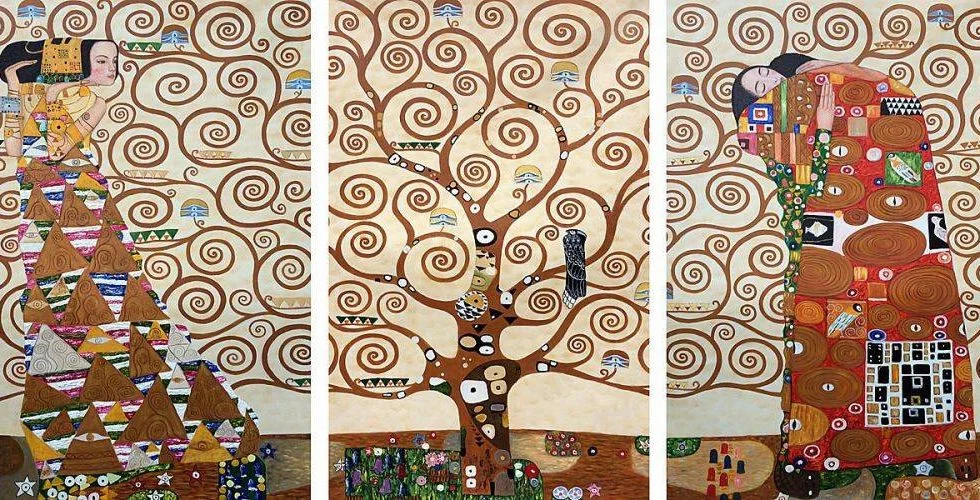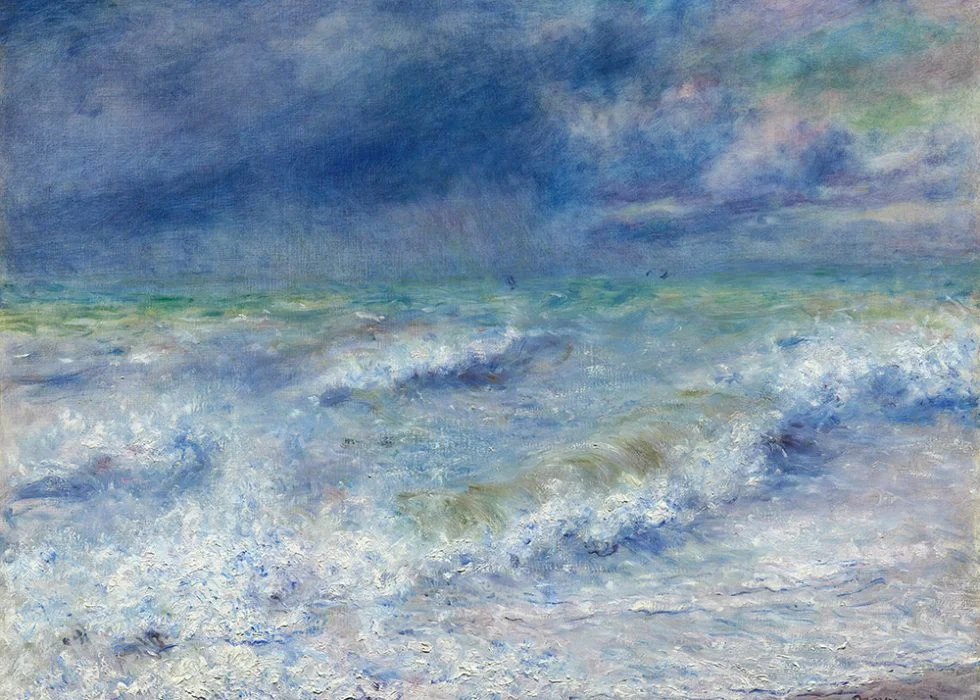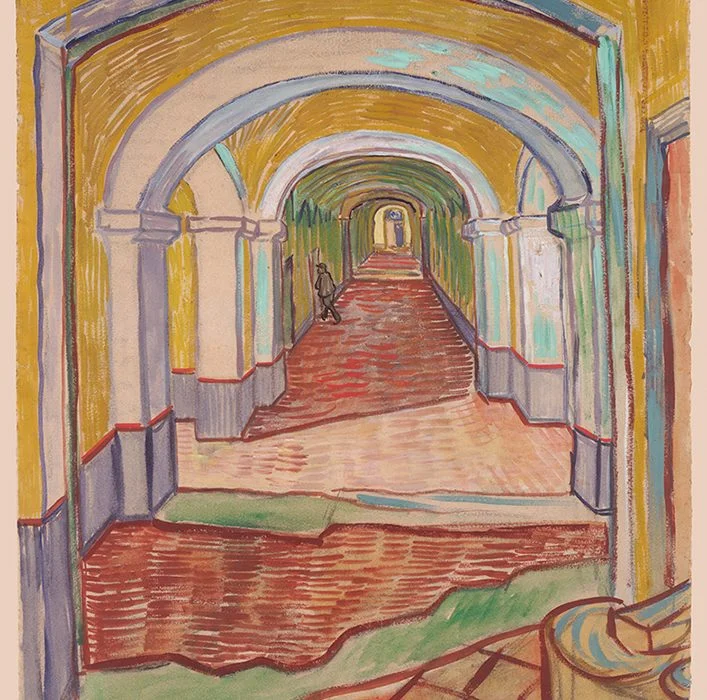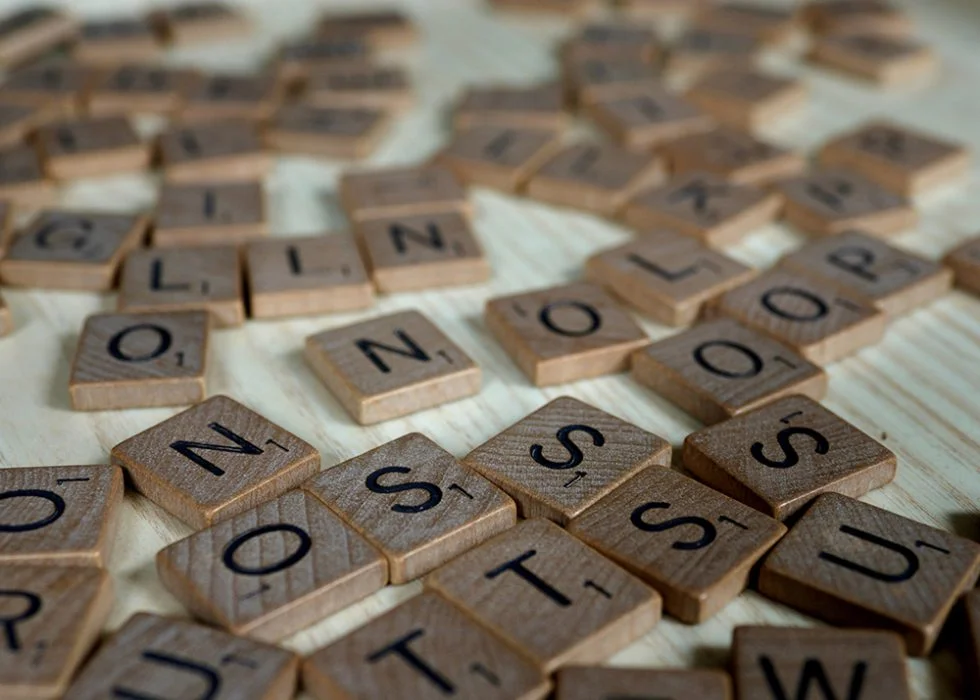Self-Knowledge • Growth & Maturity
Beyond Sanctimony
We tend to start off with an understandable wish to be very good. At a certain age, our moral positions can feel hugely certain:
We love animals.
We hate cheats
We worry about changes in sea levels.
We’re on the side of the weak against the strong
We defend the selfless against the selfish.
We despise the greedy, the powerful and the prejudiced.
These are delightful ideals for us and our supporters.
Then life has a habit of spotting our rectitude and of making things a great deal more complicated for us. We are engaged to one person and, despite all our principles, we find ourselves unexpectedly drawn to another. Suddenly, the ‘cheat’ is no longer the repulsive reprobate whom we abhor for their moral cowardice; it’s us. Or we start a small business, cash runs low and we have to make a close colleague redundant despite their loyalty and talent. And so, with equal surprise, we discover that the selfish capitalist is no longer a distant villain in a corporate headquarters; it’s us.

It might seem as if we had – despite our better wishes – fallen from our pedestals. Far from it. Well handled, an introduction to moral complexity is not the end of our status as ethical beings but the very beginning. Only once we’ve had close-up experience of our personal involvement with cowardice and villainy can we be in any position to fathom, and then extend compassion to, others for their frailties in turn; that is, can we start to understand and love the human race.
It’s highly satisfying, no doubt, to think well of goodness; it’s an immensely greater achievement still to understand the role that darkness has on all our hearts, to sympathise with the reasons why it cannot be easily defeated and to be gentle in our responses to its ongoing manifestations. Anyone can love virtue, it’s a summit of our humanity to love what is repulsive, perverse and deformed – on the basis of having first accepted how much corruption there lies in our own minds.
The opposite of goodness isn’t evil, it’s sanctimony: the messianic belief that wickedness could, through sufficient shaming and hectoring, one day be magically be expunged from the species.
We don’t need a world populated by yet more people who feel themselves on the side of the good. We need people who can be sanguine and honest enough about their own iniquities to be able to extend compassion and generosity towards the missteps of their fellow broken humans.
We should hope to become something far more interesting, and far rarer still, than a pure person: a kind one.


























